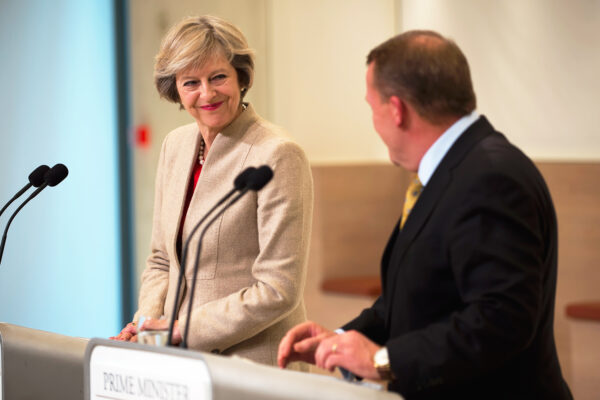
Today’s local elections in the United Kingdom should be a good indicator of the national mood going into the general election in June.
The areas holding elections on Thursday are the “shire counties” of England and all counties of Scotland and Wales.
These areas are mostly rural or semi-rural and have a tendency to be either Conservative bastions, particularly in England, or have no single party in control.
National test
The test for the Conservatives, who govern nationally, is to unite their pro- and anti-EU factions in order to remain in the majority where they rule now and gain seats in English councils where they have only a plurality.
For Labour, the test is to defend seats altogether. The unpopular leadership of Jeremy Corbyn and internal divisions over Brexit make losses inevitable. The question is not if but how much Labour will lose?
In Scotland, the Conservatives and Unionists have made gains under the capable leadership of Ruth Davidson. The local elections there are not only a preview of the general election in June; they are also a gauge of Scottish support for a second independence referendum. If the Scottish National Party gains — likely at the expense of Labour — it could argue voters want another say.
The party already maintains that Brexit has changed the calculation from three years ago, when a majority of Scots voted against secession. Two years later, a majority of Scots also voted to remain in the European Union. They were outvoted by majorities in England and Wales.
Wales may just generate the most interest result tonight. If the polls for June are correct, Labour is about to be wiped out there. The Conservatives, for the first time in over a century, may control a majority of Welsh parliamentary seats. A good showing for the Conservatives would not bode well for Labour at all.
Mayors
Alongside the county elections, six areas are electing their first regional mayors: Birmingham, Bristol, Liverpool, Manchester, Tees Valley and Cambridgeshire and Peterborough.
Labour is expected to take Liverpool, Manchester, Tees Valley and possibly Birmingham. Cambridgeshire and Peterborough is likely to vote Conservative. The Liberal Democrats stand a chance in Bristol. If they prevail there, it could give the centrist pro-European party a boost.
UKIP’s fate
A final point worth noting is the fate of the United Kingdom Independence Party, or UKIP.
Long led by Nigel Farage, the party has been rudderless since last year’s vote for Brexit. Today’s elections could tell us if the Euroskeptics will continue to fade into the background or if they can reinvent themselves now that their original goal — leaving the European Union — is about to be achieved.
